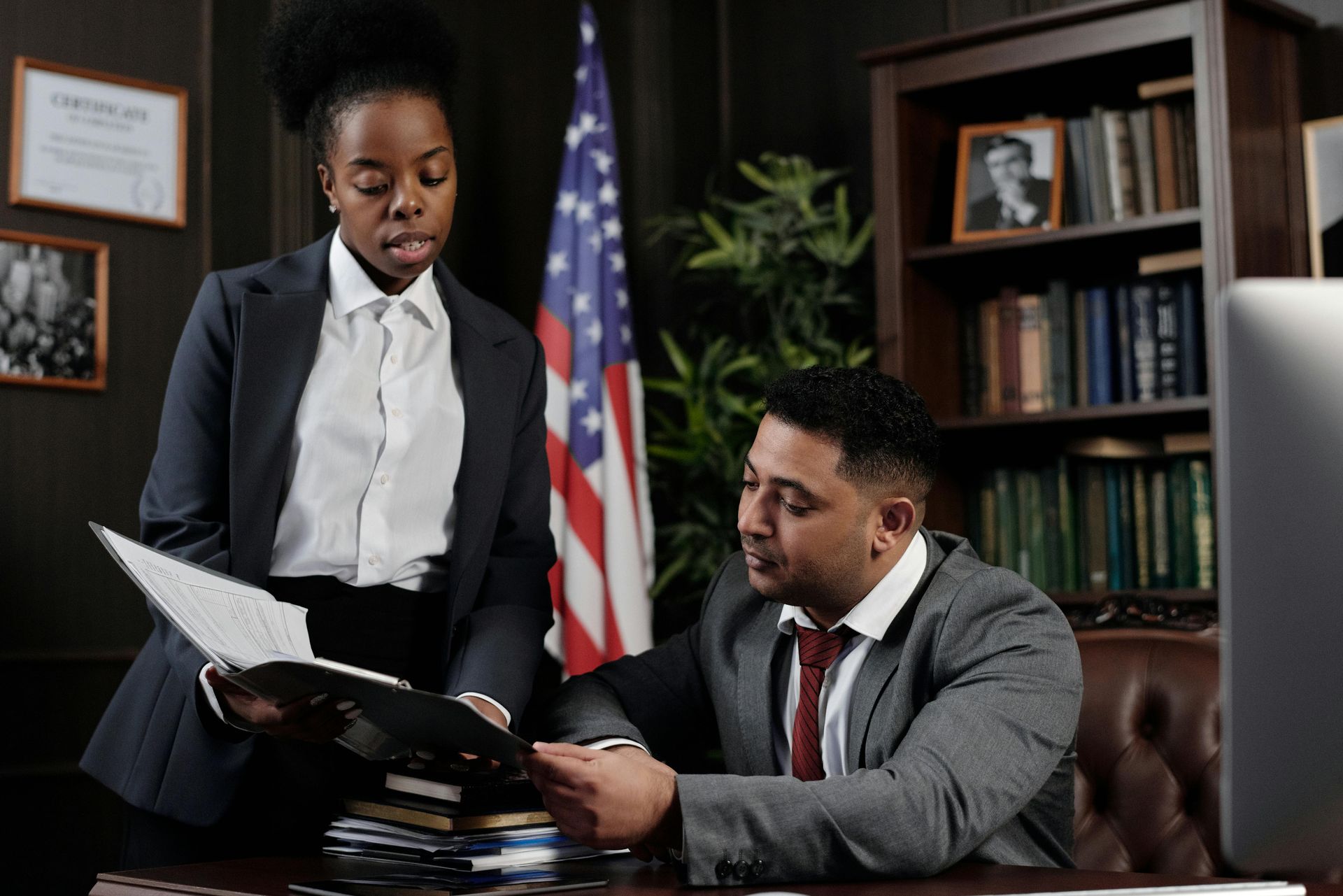Plano B: Caminhos alternativos para o emprego nos EUA para estudantes internacionais F-1 se a seleção do limite H-1B for perdida
Click here to read this article in English

Preparando-se para a Temporada de Volta às Aulas
Para estudantes em busca de oportunidades de emprego nos Estados Unidos, matricular-se em um programa acadêmico que oferece o Treinamento Prático Curricular (CPT) no Dia 1 é outra opção viável. Isso permitiria aos estudantes começar a trabalhar imediatamente, mesmo enquanto continuam seus estudos. Além disso, estudantes que já tenham garantido uma oferta de emprego podem ser capazes de trabalhar com o CPT enquanto aguardam o resultado de sua petição H-1B no limite anual. Para aproveitar ao máximo esse período estendido, seria prudente se inscrever para a loteria do limite H-1B antes do término do período de OPT.
Considere o Visto L-1 se você Trabalha para uma Empresa Multinacional
Como uma opção viável para profissionais em busca de emprego de longo prazo nos Estados Unidos, trabalhar por um ano em uma empresa multinacional no exterior, seguido de uma transferência intra-empresa por meio de um visto L-1, pode oferecer inúmeros benefícios estratégicos. O visto L-1, projetado especificamente para essas transferências, permite que funcionários de corporações multinacionais se mudem para uma subsidiária, afiliada ou matriz nos Estados Unidos. O visto L-1 é caracterizado como um visto de intenção dupla, que permite a flexibilidade de buscar tanto oportunidades temporárias de trabalho e estudo no país quanto residência de longo prazo. Ele também possui um período de validade de 5 a 7 anos. Embora esse caminho exija que o indivíduo trabalhe no exterior por um ano, pode se revelar uma solução valiosa a longo prazo para trabalhar nos Estados Unidos.
Visto TN para Cidadãos Canadenses e Mexicanos
O visto TN é uma categoria de visto não imigrante que permite que cidadãos canadenses e mexicanos trabalhem temporariamente nos Estados Unidos em certas ocupações profissionais, conforme listadas no Acordo Estados Unidos-México-Canadá (USMCA). Os requisitos para um visto TN incluem uma oferta de emprego de um empregador dos EUA, um emprego em tempo integral ou parcial pré-acordado em uma das profissões elegíveis, um diploma de bacharel ou seu equivalente e comprovação de qualificações profissionais. O período de validade de um visto TN varia dependendo do tempo da oferta de emprego, mas pode ser emitido por até três anos e pode ser renovado indefinidamente.
Empreendedores e Investidores
Para aqueles que têm um perfil empreendedor, os vistos E-1 e E-2, por outro lado, são projetados para pessoas envolvidas no comércio internacional com os EUA. Esses vistos permitem que o titular trabalhe nos EUA enquanto realiza comércio substancial entre os EUA e seu país de origem. Cada um desses vistos oferece oportunidades e requisitos únicos, sendo importante consultar um advogado de imigração para determinar qual se adapta melhor às suas circunstâncias individuais.
Solicite uma Permissão de Trabalho Dependente
Para pessoas casadas, as opções de visto para cônjuges também podem ser uma alternativa viável. O Documento de Autorização de Emprego (EAD) H-4 permite que cônjuges elegíveis de titulares de visto H-1B obtenham permissão para trabalhar nos EUA, desde que o cônjuge principal tenha um I-140 aprovado. Enquanto isso, os vistos dependentes L-2 e E-2 são opções para cônjuges de titulares de vistos L-1 e E-2, respectivamente. Ao contrário do H-4, que requer que o cônjuge principal do H-1B tenha um I-140 aprovado, os cônjuges L-2 e E-2 são considerados autorizados a trabalhar por conta da situação e não precisam solicitar um documento de autorização de emprego. Esses vistos de cônjuges podem fornecer uma fonte significativa de renda e apoio para a família enquanto o titular principal do visto se estabelece nos EUA.
Conclusão
É importante para os estudantes considerarem todas as suas opções e trabalharem com um advogado de imigração experiente para determinar o melhor curso de ação. Embora o limite do H-1B possa ser um processo frustrante e desafiador, ainda existem caminhos para o sucesso para estudantes internacionais. Com um planejamento cuidadoso e perseverança, os estudantes podem alcançar seus objetivos e construir uma carreira bem-sucedida nos Estados Unidos.
Este blog não se destina a fornecer aconselhamento jurídico e nada aqui deve ser interpretado como estabelecimento de um relacionamento advogado-cliente. Por favor, agende uma consulta com um advogado de imigração antes de agir com base em qualquer informação lida aqui.
Flavia Lloyd
Similar Posts







